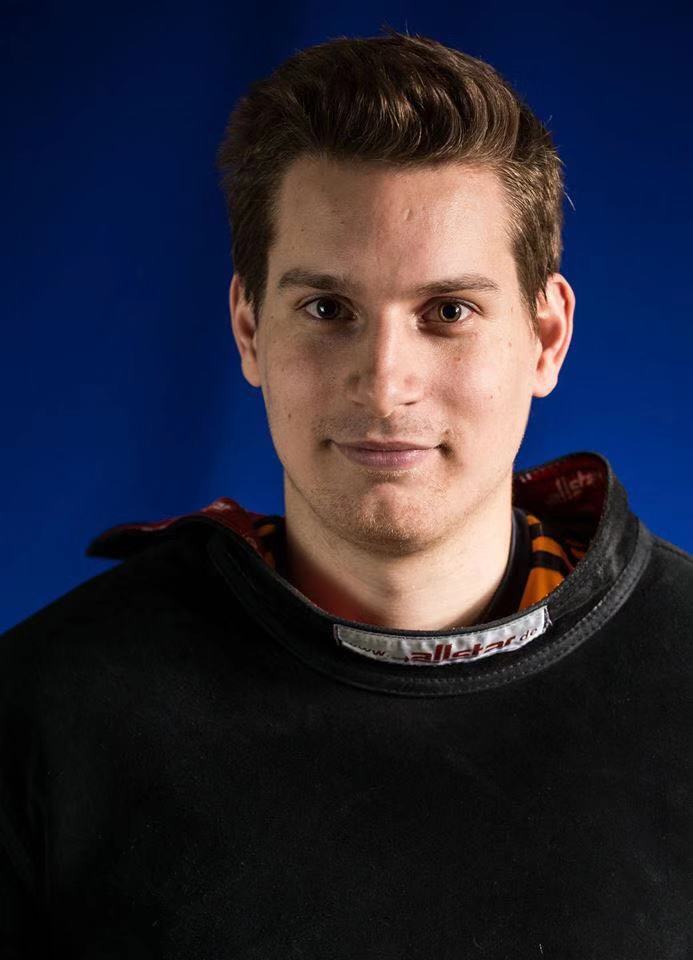Hungarian coach continues fencing passion in SZ
Writer: Wei Jie | Editor: Vincent Lin | From: Shenzhen Daily | Updated: 2019-09-24

Bence Szabo
He is a Hungarian fencer. He won a gold medal in the 2009 Fencing World Cup at the age of 17. His name is Bence Szabo, but he is not the Szabo who won two Olympic golds and two Olympic silvers in the sabre. He now teaches fencing in Shenzhen.
Bence Szabo, 28, was born in Hungary, a European country known for its strength in fencing. He received his first fencing weapon from the Olympic gold medalist of the same name when he was young. “A local fencing club, where I started fencing, would hold ceremonies for its beginners six months after taking up the fencing class, and a lot of famous fencers who had won Olympic medals or the world championships were invited to inspire the beginners during the ceremonies. That was when I received my very first weapon from Szabo,” he said.
He grew up witnessing as Hungarian fencers made history on the world fencing stage. “But it was my two elder brothers, who also play the foil, who inspired me to take up fencing,” he said.
According to Szabo, he was intrigued by his two elder brothers, who often talked in front of him about their interesting encounters at fencing classes. He fell for it and started fencing at age 9.
Szabo arrived in Shenzhen on July 6, 2015, after being invited to coach at a local fencing club. “I was overwhelmed by the hot, humid weather before realizing that the oriental country, which I had always wanted to visit, would become my home for a while,” he said of his arrival to Shenzhen.
Then came the excitement, “as I was going to teach fencing in Shenzhen,” he said, adding that he retired from fencing professionally in order to go to college to study to become a fencing coach. “After years of training with the national youth team, I lost confidence and I had some issues with my coaches, so I decided to quit fencing. But this was the worst decision I ever made in my life, because I love fencing,” he said.
So he diverted his passion for fencing to coaching. He wanted to pass down the fencing skills and knowledge he learned from his coaches to his students.
After arriving in Shenzhen, Szabo first coached fencing in Longgang, and then relocated to Nanshan District before starting to coach in Futian. Although he had learned from a friend who taught fencing in Shenzhen that a lot of people in the city liked fencing, Szabo was still taken by surprise by the large number of people who signed up for his fencing class. There are more than 400 people learning fencing at his club, and he has students aged from 4 to 60 years old.
Although he has students as young as 4, Szabo said the language barrier is not a problem in his class as long as “they come here with a real passion for the sport, because fencing itself can be a language.” He said he was especially excited when his students won in the China fencing league last year.
“I like being around the children I coach,” he said, because they remind him of his own training when he was young. Szabo started training with the Hungarian national youth team at 14.
Fencing can teach a student a lot, both professionally and personally, he said. “I became confident and self-disciplined, and I’ve learned to persevere and strive for my goals after fencing. Most importantly, fencing teaches me how to respect,” Szabo said, adding that he hopes his Chinese students will learn these qualities through fencing.